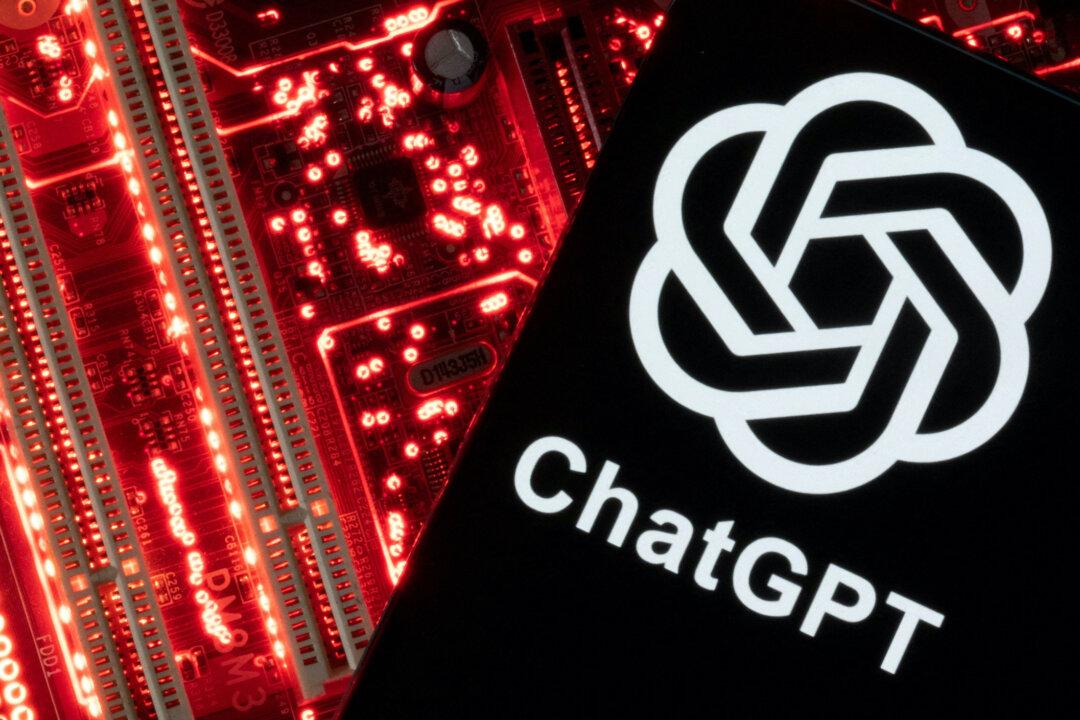Europol, the European Union’s law enforcement agency, warned on Monday of the severe implications of artificial intelligence (AI) content generator ChatGPT being used for cybercrime and other malicious activities.
Europol said the Microsoft-backed AI software could be used for cybercrime, including detailed impersonation attacks or phishing and spreading disinformation.





